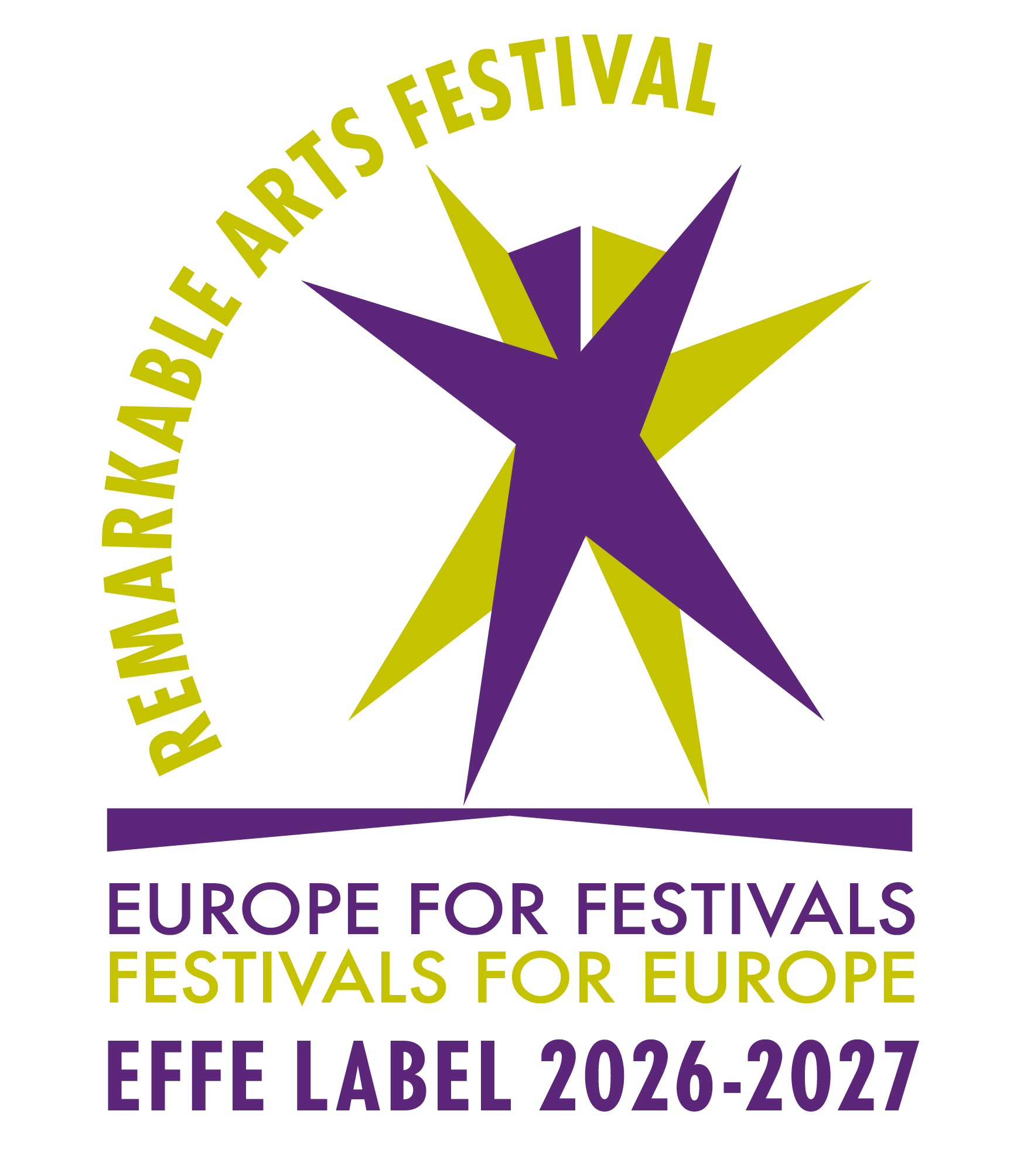- home
- festival
- festival 2025 – XXXII
- festival 2024 – XXXI
- festival 2023 – XXX
- festival 2022 – XXIX
- festival 2021 – XXVIII
- festival 2020 – XXVII
- festival 2019 – XXVI
- festival 2018 – XXV
- festival 2017 – XXIV
- festival 2016 – XXIII
- festival 2015 – XXII
- festival 2014 – XXI
- festival 2013 – XX
- festivals archive 1994 – 2012
- tickets
- foundation
- projects
- productions
- events
- news
- contacts
Empty Cage
Video installation
May 12, 2015 - May 17, 2015 21:00
Stazione Leopolda di Firenze | IT
My name is Cage, but I’m all for freedom…
J.C.
Silvia Lelli and Roberto Masotti’s photos were taken on December 2 1977 during John Cage’s Empty Words (Part III); they reconstruct – in Jacopo Jenna’s video work – the atmosphere of an event remembered as a deeply serious, conceptual example of “provocation”. A large audience of about 2,500 people (in part unaware of Cage’s work) were present at the reading of numerous passages from Henry David Thoreau’s Journal, deconstructed through the use of I-Ching.
Cage went ahead with the reading for about two and a half hours, surrounded by part of the audience who had come onto the stage in protest, while another part was united in defending the artist and allowing him to finish the performance.
The recording of the event was made by singer-songwriter Claudio Rocchi and published by Gianni Sassi’s Cramps Records.
Every sound is music
by Paolo Petazzi, from l’Unità, Friday December 2 1977
I ask how the audience is expected to react to that transition from language to music which is, in Cage’s definition, Empty Words:
We will see what happens. I hope people are not too depressed or unhappy, and that they will find some way to be interested. If one actually listens, it is interesting, but at times people don’t listen, at times they are prejudiced at what might have happened… It will last a very long time and I have therefore written in the programme that people can go out and come back or, if they wish, go out and not come back.
The sound of music
by Enzo Beacco, from La Repubblica, Monday December 5 1977
The protests and disputes began almost at once, as soon as the over two thousand, maybe three, filling the Teatro Lirico (almost all very young, ranging from supporters of the new left to the Autonomia political groups) realized that the music would not change till the end and that John Cage would continue to spell out his Empty Words without laying hands on any instrument. Go on, play us something, a pipe, a penny-whistle, let’s hear something, was one of the more moderate calls among the many heard. The others can be left to the imagination.
The audience harangues, John Cage thanks them
by Carla Curina, from La Stampa, Saturday December 3 1977
John Cage, 65, the guru of avant-garde American music, played at the Lirico in Milan ceaselessly for two and a half hours yesterday evening while the young spectators bombarded him with cushions, targeted him with the strangest of objects, curtains, bits of wood, mirrors, plastic bags full of water, they mocked him, called him a menopausal hippy, insulted him: stop messing about and start to play. They heckled him in chorus with Stupid, stupid, they kept invading the stage, manhandling him, pushing him, almost assaulting him physically. At the end of the performance, however, John Cage thanked his rumbustious audience for their healthy vivaciousness, their creativity and for having contested his music so energetically, music based on sounds that were amorphous, aseptic, monotonous, accompanied by visual stimuli: slides showing skeletal figures, archaic signs, prehistoric animals. My purpose – John Cage tells us – actually is to provoke the audience, to create issues for them, to make them live. And this evening I succeeded.
John Cage played his concert alone
by Duilio Courir, from the Corriere della Sera, Sunday December 4 1977
Squeezed up to his little table, clutching his microphone, Cage seemed an unreal yet resolute figure whose spell defused the spate of words, slogans and jingles, as if happily unaware of the gales blasting through the place.
After about an hour they started to climb onto the stage and closer sparks were fired off to find out just how far this follower of the Zen philosophy was going to prove himself consistent. So they began to sip water from his glass again and again as if from a fountain, they got hold of the auditorium microphone to make scraps of speeches, they mimicked him to his face. There was a crescendo of heckling: a group gathered round him and slowly attempted to break the magic of his superfine discourse, turning off his table light, taking off his glasses, wrapping a scarf round him. Cage remained totally impassive, he freed himself almost without moving from everything surrounding him that hindered him from continuing his composition talk. And so it went on for two and a half hours, just exactly as had been announced at the start. Then he got up, made his way through the group crowding round him, faced the auditorium and thanked them with a slight bow, after which he slowly exited with sovereign mildness.
The almost superhuman mildness is the card that predominated over this extraordinary Milanese experience of Cage’s, a greater prophet and musician than even his most fervid admirers could ever have imagined. The next day, to anyone who asked him for his opinion on the event he responded with a smile that it all appeared to him lightweight and irrelevant, a game that needed no comments.
Silvia Lelli and Roberto Masotti
Both were born in Ravenna. They studied in Florence, Silvia obtaining a degree in architecture, Roberto a diploma in industrial design. Professional photographers, they have lived in Milan since 1974, she working on avant-garde theatre, dance, classical music, opera, he on jazz, rock, and on classical, contemporary and experimental music.
From 1979 to 1996 they were official photographers at La Scala in Milan. Since 1973 Roberto Masotti has collaborated with ECM records. Since 2003 Silvia Lelli has been coordinator and lecturer of the Photography Master at the European Institute of Design in Milan. A number of Silvia Lelli and Roberto Masotti’s photos were included in the book Storia d’Italia – L’immagine fotografica 1945-2000, edited by Uliano Lucas (Giulio Einaudi Editore 2004), this being an important accolade. They have held exhibitions related to the music and theatre scenes: Musiche, vedere come sentire, (Torino Fotografia 1981, Tokyo in 1995, Madrid 2012), Note Sparse (Sadurano 1994 – Brescia 1997/98 – Milan 1998), Il caso Makropulos (Turin 1994), Il riposo dell’artista (Milan 2002), Giuseppe Sinopoli, attimi, sguardi (Taormina 2005), Theatrum Instrumentorum (Verona 2009), La Vertigine del Teatro (Paris 2011).
They research the convergence between photography and multimedia languages with video installations such as: Ravenna, recenti memorie (Ravenna 1987), Per Exempla: Falstaff (Ravenna 2001), Note Sparse (Padua, Pomigliano D’Arco 2006, Scompiglio – Lucca 2014), trainCAGEtrain (Bologna 2008), Bianco Nero Piano Forte (2009), Passacaglia Alta, (Exilles, Turin 2010). Around Cage’s Empty Words they conceived the work of the same name which was presented in the Addio Anni 70 exhibition at the Palazzo Reale in Milan in 2012.
Jacopo Jenna is a choreographer, performer and filmmaker who creates work for the stage, videos and installations. His research is directed towards a dialogue between the practices and techniques of dance and performing arts in relation to other languages. With a degree in Sociology, he became interested in dance as an adult and trained at the Codarts/Rotterdam Dance Academy. He has worked as a dancer with permanent companies and choreographic projects both in Italy and abroad.



